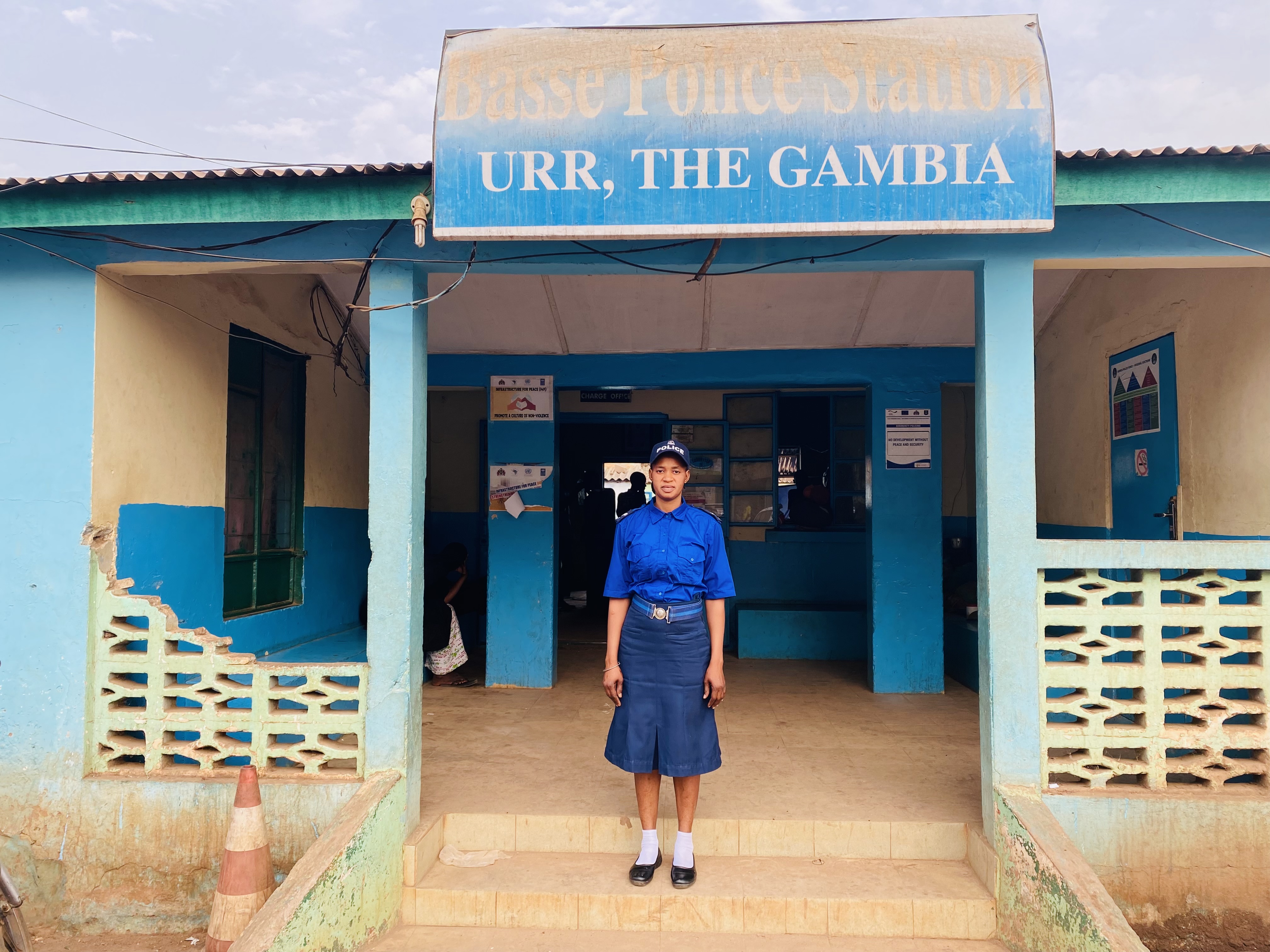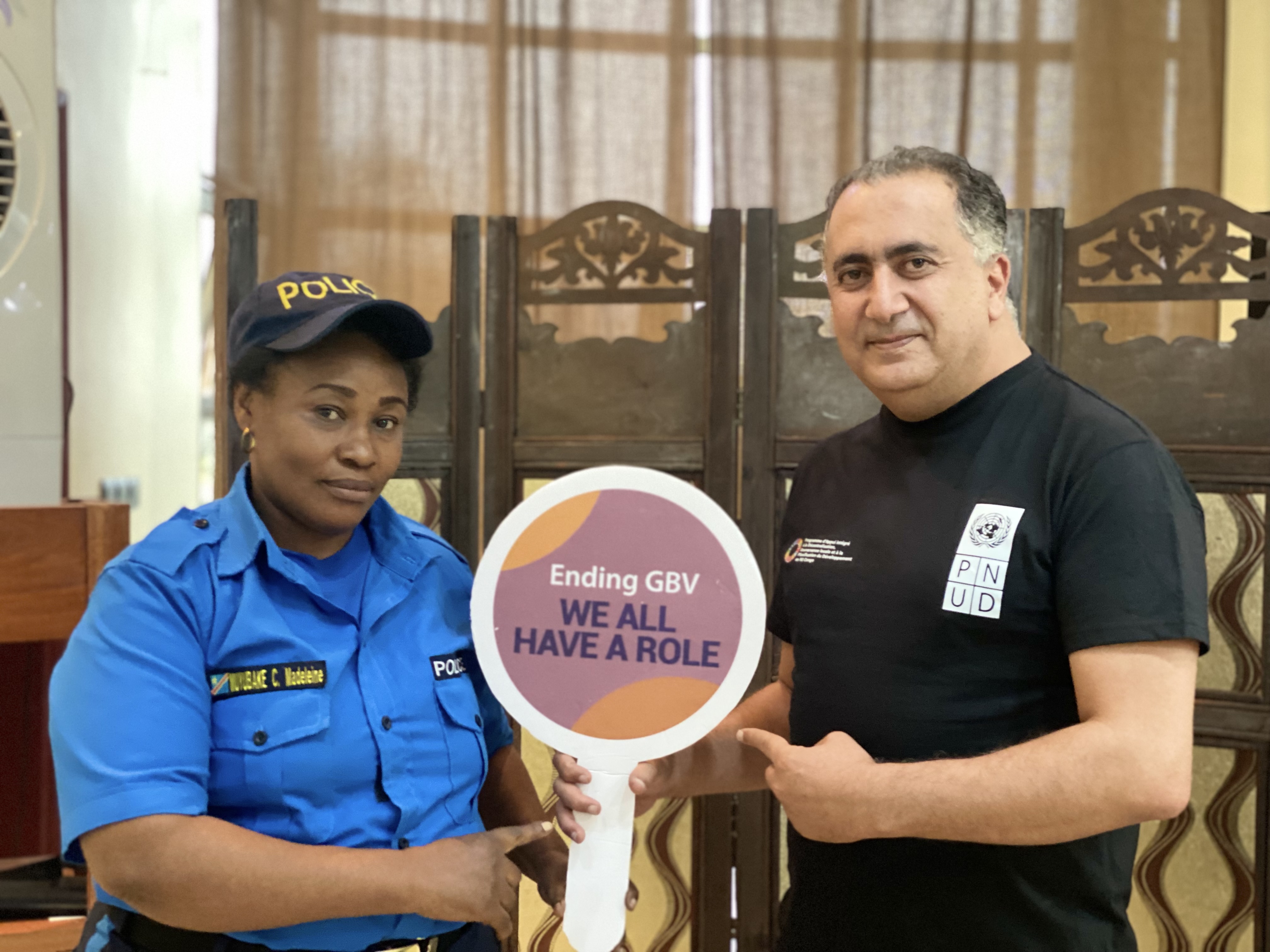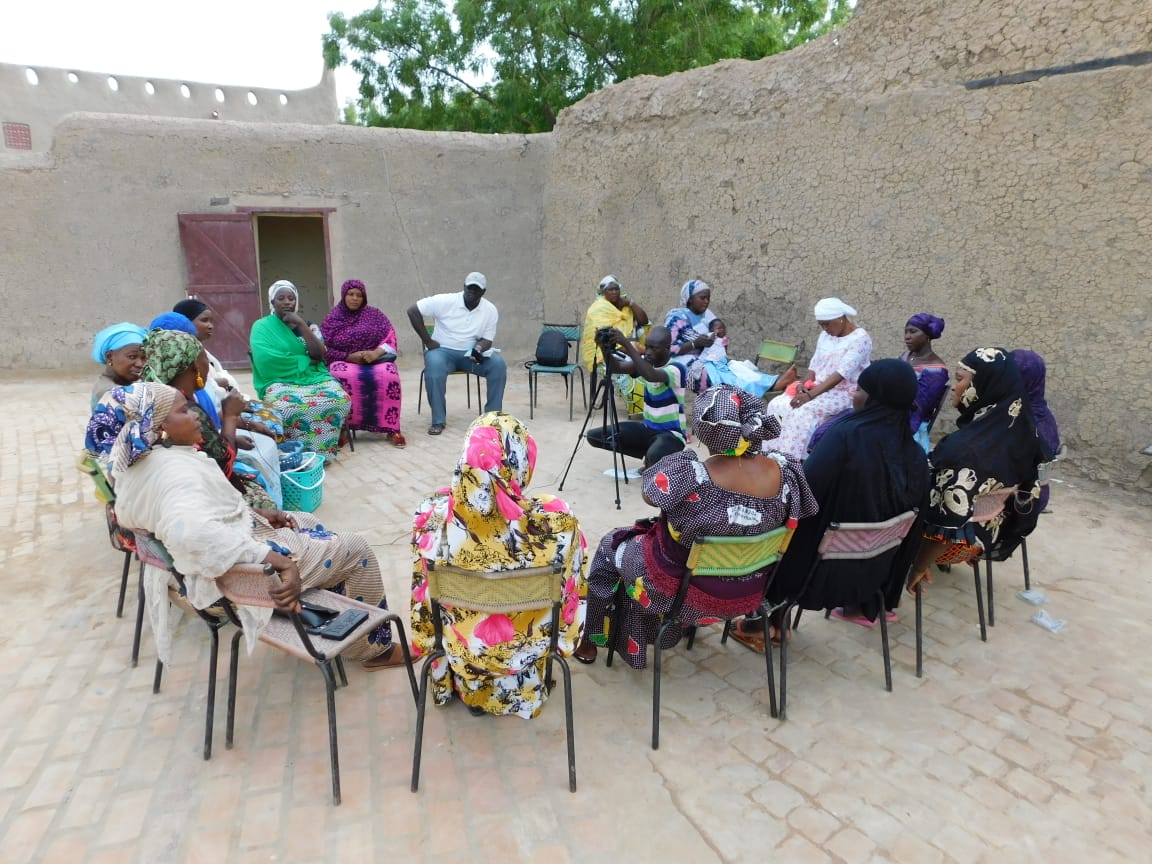UNDP support to policing systems focuses on building the capacity of law enforcement agencies to improve public safety and security, prevent crime and violence, as well as protect human rights. UNDP promotes sustainable development by ensuring that people and communities are safe and secure, and that justice is served in a fair and equitable manner. This includes a wide range of activities, such as:
- Strengthening police institutions through building the capacity of police forces to provide effective and accountable law enforcement services. This support includes training programmes, infrastructure development and equipment upgrades.
- Community policing achieved by working with communities to build trust and cooperation between the police and the public. Community policing emphasizes the role of the police in addressing the concerns of communities and working collaboratively to prevent crime and promote public safety.
- Crime prevention involves working with police forces to develop and implement strategies to prevent crime, including the use of technology, data analysis and community-based initiatives.
- Promoting human rights and the rule of law by incentivizing police forces to operate in accordance with international human rights standards and principles of the rule of law, and by supporting the culture of police accountability to the communities they serve, for example, through civilian oversight of the law enforcement.

A joint UNDP and police monitoring visit to Gambisara community where the community policing initiative was introduced
The Inter-Agency Task Force on Policing (IATF-P)
Created in 2021 and co-chaired by the UN Police and the UN Office on Drugs and Crime, the IATF-P serves as a platform for strategic-level coordination and discussion on UN responses to global policing issues, challenges and trends, complementing the country-level coordination through the UN Global Focal Point for the Rule of Law (GFP). UNDP is an active member of the Task Force, including through joint policy events and deployments with the Standing Police Capacity (UNPOL), and by supporting the UN Police Training Architecture Programme, in compliance with the Strategic Guidance Framework (SGF).

Field workshop for capacity building for GBV Legal Evidence Collection and Police within GBV multi-sectoral support setting, South Kivu Province, the Democratic Republic of the Congo, 2022
Community policing
In South Sudan, UNDP supported the establishment of more than 50 Police Community Relations Committees (PCRC). Community Policing is recognized by South Sudan National Police Service (SSNPS) as a pivotal step to regain trust and improve crime-fighting. The PCRC maintain dialogue within communities and improve relationships with local police. In 2021, over 300 meetings were held across the country. They are also responding to survivors of gender-based violence and referring them to local services and authorities.
In Tunisia, the Local Security Committees established with UNDP support, collaborated with the local police and provided assistance to vulnerable persons, women and the elderly during the COVID-19 pandemic. The support included over 100 activities, including mask and food allocation, facilitation of financial aid distribution and crowd management in public institutions. The Local Security Committees have contributed to achieving the 17 SDGs in one action during the 16 days of activism campaign to eliminate violence against women.
In Lebanon, UNDP’s community security and access to justice programme supported the transformation of Lebanon’s Municipal Police into a human rights centred service to the communities, engaging more than 200 municipalities across the country, bringing together communities and vulnerable groups like refugees and women with police services to enhance security and access to justice for all.

Awareness campaign by the Security Consultative Committee, Mali, 2021
Gender-responsive model police stations
UNDP supported the police in Pakistan to be more gender-responsive through women responsive desks established at 68 model police stations. UNDP has also trained officers at these desks on how to deal with complaints and how to offer support to women when they come to report violations, which eventually builds society’s trust in police and law enforcement.
In Libya, UNDP supported the establishment of a Model Police Station in Tripoli that integrates good practices in community-oriented, citizen-focused policing serving more than 300,000 people. In addition to the gender-responsive and people-centred infrastructure, the support includes developing all mandatory policing function definitions, job descriptions, standard operating procedures and also enabling resource identification. The Model Police Station will be replicated across the country in its functionality and sustainability with a rights-based approach.


 Locations
Locations